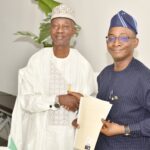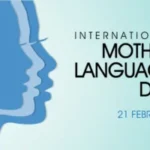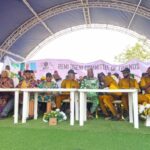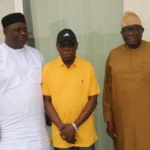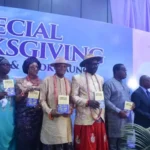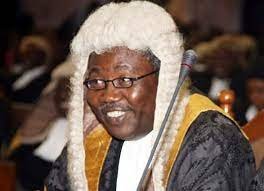Alleged Malabu Oil scam: Court discharges ex-AGF Adoke, others
By Edith Nwapi Justice Abubakar Kutigi of a High Court of the Federal Capital Territory (FCT), on Thursday discharged former Attorney-General of the Federation (AGF), Mohammed Bello Adoke, SAN, and six others. They were charged with legations of committing infractions relating to the controversial Oil Prospecting Licence (OPL) 245, otherwiseContinue Reading

